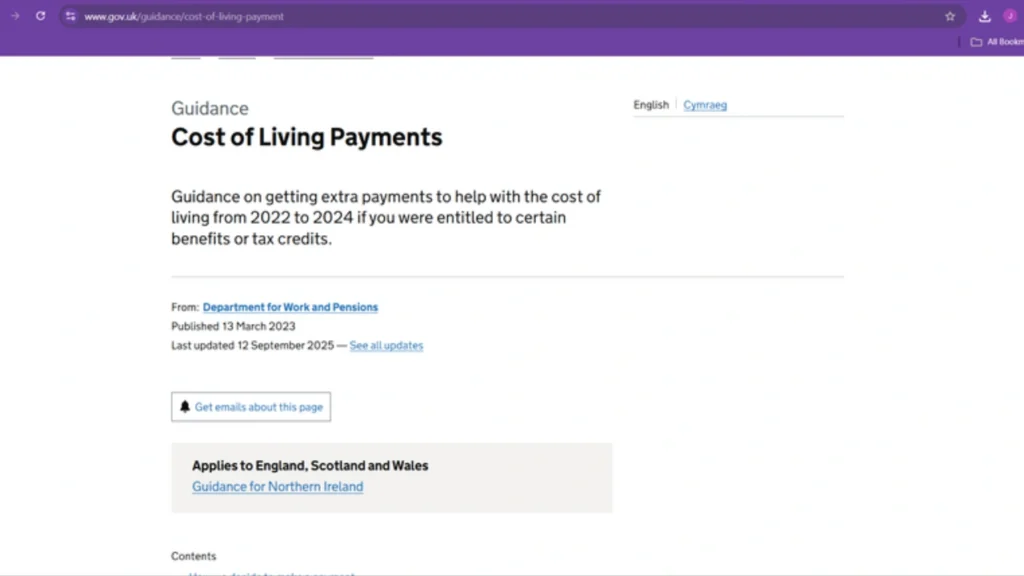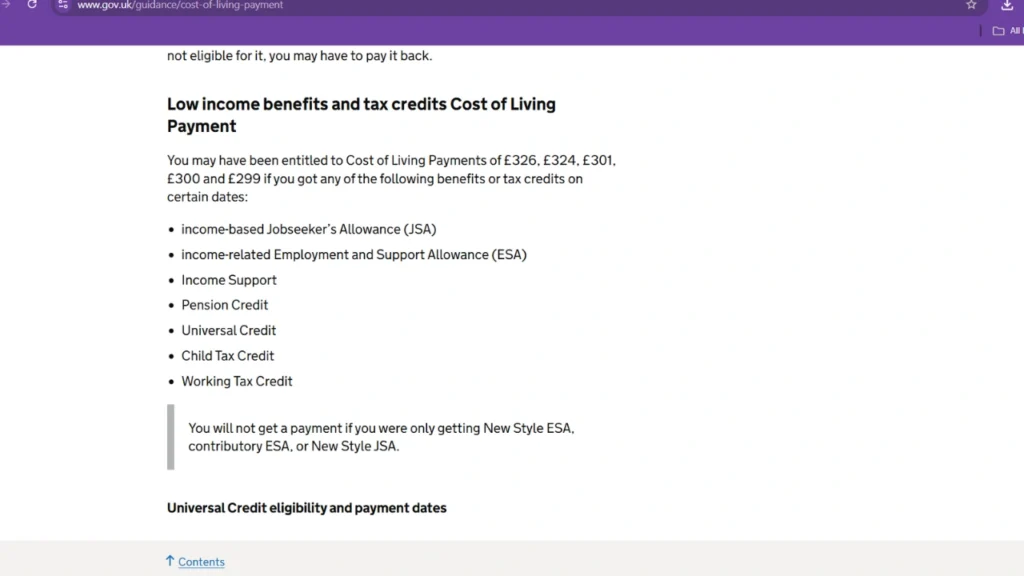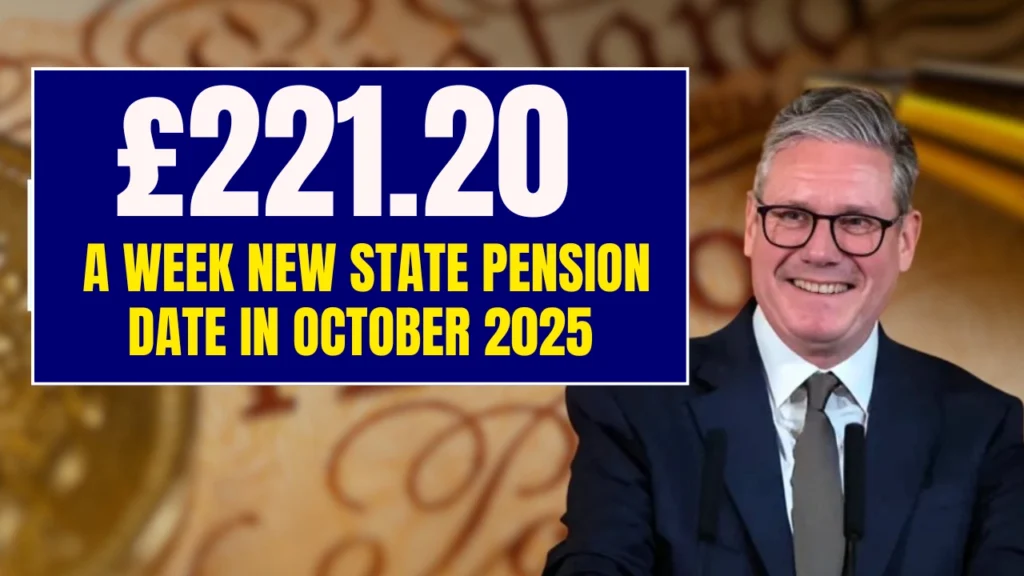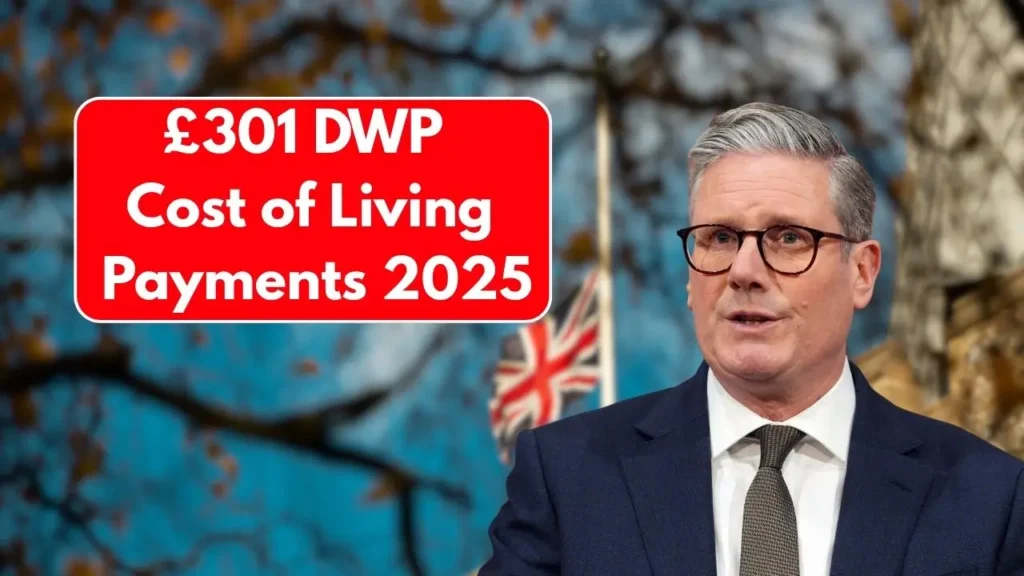If you have been keeping an eye on the news or scrolling through social media lately, chances are you have seen mentions of a £200 Cost of Living Payment heading to UK households. With prices still high and bills piling up, any support like this immediately catches attention. But is it really happening? And if so, who is getting it?
The truth is, the £200 Cost of Living Payment is not a nationwide payout like we saw in previous years. This time, the help is being managed locally. Instead of an automatic payment to everyone, councils are handling it through the Household Support Fund. This article breaks down what is really going on, who might qualify, and how to apply if you are eligible.
£200 Cost of Living Payment: What It Really Means

While it might sound like every household will get a £200 Cost of Living Payment, that is not exactly how it works in 2025. The national cost of living payments that many people received between 2022 and 2024 have now ended. Instead, the government has shifted focus to targeted support through local councils.
Each council in England, Wales, Scotland, and Northern Ireland receives a portion of the Household Support Fund. They then decide how to distribute the money. Some councils offer one-off payments around £200. Others provide vouchers or help with essentials like food and energy bills. The amount and type of support depend entirely on where you live and what your council has decided.
£200 Cost of Living Payment – Overview Table
| Topic | Details |
| Payment Type | Local council support, not national |
| Amount | Often around £200, but varies |
| Source of Funding | Household Support Fund |
| Who Distributes It | Local councils |
| National Eligibility? | No, depends on local council rules |
| How to Apply | Through your local council’s website |
| Common Support Formats | Cash, food vouchers, energy top-ups |
| Automatic Payment? | Rare, most require an application |
| Priority Groups | Low-income families, pensioners, disabled, single parents |
| Application Periods | Vary by council, may close early |
So, Is There Really a £200 Payment for Everyone?
This is one of the most common questions right now, and the answer is no. The £200 Cost of Living Payment is not something every household across the UK is receiving automatically. Unlike the previous cost of living support payments which were handled nationally by the Department for Work and Pensions (DWP), this new wave of help is being distributed by local councils.

Some councils are offering £200 in the form of a grant or voucher. Others may offer different amounts based on local demand and available funds. In some areas, funding has already run out. It is important to understand that what is true in one postcode might not apply to the next.
A Quick Look Back: When National Payments Were a Thing
From 2022 to early 2024, the UK government issued a series of national cost of living payments. These included several one-off sums of £299, £300 and similar amounts, targeting households receiving benefits like Universal Credit, Income Support, ESA, JSA, and Pension Credit.
These payments were automatic. If you qualified, you received the money without needing to apply. Some additional payments were made for pensioners and disabled individuals. But as of early 2025, this series of national payments has ended. The focus is now on those most in need at a local level, with councils deciding how to use the funds in their area.
How the Household Support Fund Works
The Household Support Fund is a government-funded scheme designed to help people with essential costs during tough financial times. Instead of managing it centrally, the government gives each council a portion of the fund and lets them decide how to spend it.
This is what usually happens:
- The council identifies priority groups such as families with children, pensioners, or people with disabilities.
- An application window is opened on their website or through local welfare offices.
- Applicants are required to submit documents like proof of income, benefit statements, identification, and utility bills.
- If approved, the support could come as a cash payment, a food voucher, or help with energy bills.
Since each council has its own rules, it is essential to check the specific details where you live.
Why Everyone Thinks a £200 Payment Is Coming Back
There are a few reasons why confusion around the £200 Cost of Living Payment continues:
- People are used to the automatic national payments from the last few years.
- Some councils are offering £200, which creates a false impression that it applies to everyone.
- Social media often spreads outdated or misleading information.
- With the cost of living still high, many are hopeful and more likely to believe such claims.
This is why it is important to go directly to your local council’s website for the most accurate information.
Who Might Actually Qualify
The criteria for receiving the £200 Cost of Living Payment are different depending on your local council, but the following groups are often prioritised:
- Low-income households or individuals on means-tested benefits
- Pensioners living on a fixed income
- Families with children, especially those receiving free school meals
- Disabled individuals who face additional costs
- People struggling to pay for food, heating, or rent
Some councils limit applications to one per household, while others might prioritise specific age groups or life situations first.
How to Apply (Without Losing Your Mind)
If you think you might qualify for the £200 Cost of Living Payment, here is how to apply in the simplest way possible:
- Visit your local council’s official website.
- Search for “Household Support Fund” or “Cost of Living Help.”
- Check whether applications are currently open.
- Gather your documents: ID, benefit letters, proof of income, utility bills.
- Fill out the application form completely and honestly.
- Submit the form and wait for a response.
If you find the process confusing, you can always ask Citizens Advice or your local welfare office for help. They are there to support you.
A Few Things to Keep in Mind
Before you get too far into the process, here are some things worth knowing:
- Council funds are limited and may run out quickly.
- Not all councils offer the same amount. Some might give £150, others £300, or none at all.
- Application windows can close within days due to high demand.
- Just because someone you know got help does not mean your council offers the same thing.
- It is worth checking regularly to avoid missing your chance.
Other Ways to Cope While You Wait
If you are not eligible or missed the deadline for the £200 Cost of Living Payment, here are a few other ways to seek support:
- Contact your energy supplier to ask about hardship grants.
- Check if you qualify for Council Tax reductions or Housing Benefit top-ups.
- Use local food banks or community food hubs.
- Speak to your landlord or lender if you are struggling with rent or repayments.
Even if it feels small, any help can ease the pressure a bit while you get back on track.
FAQs
1. Is the £200 Cost of Living Payment automatic for everyone?
No. It depends on your local council, and most require an application.
2. Where can I apply for the payment?
Visit your local council’s website and search for the Household Support Fund.
3. Can I get this payment if I do not claim benefits?
Yes, some councils allow applications from low-income individuals not on benefits.
4. What if I miss the deadline?
You may need to wait for the next funding round, if your council receives more money.
5. How will the payment be made?
It could be a bank transfer, a voucher, or direct help with bills depending on your council.
Final Thoughts
The £200 Cost of Living Payment is not a national scheme in 2025, but that does not mean help is unavailable. Across the UK, local councils are using the Household Support Fund to provide targeted assistance to those who need it most. While it may take a bit more effort to apply, the support can make a real difference during difficult times.
Take a few minutes today to visit your local council’s website. Even if you are unsure whether you qualify, checking could lead to valuable support that helps ease the burden.


















